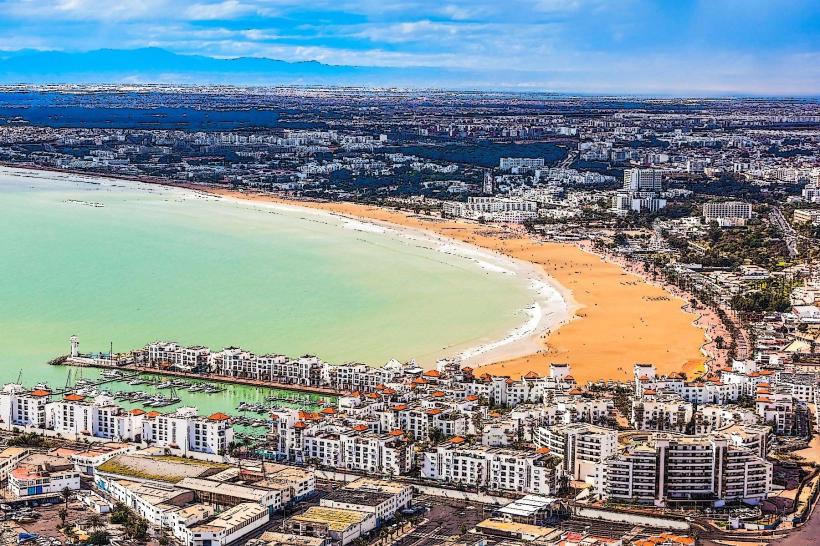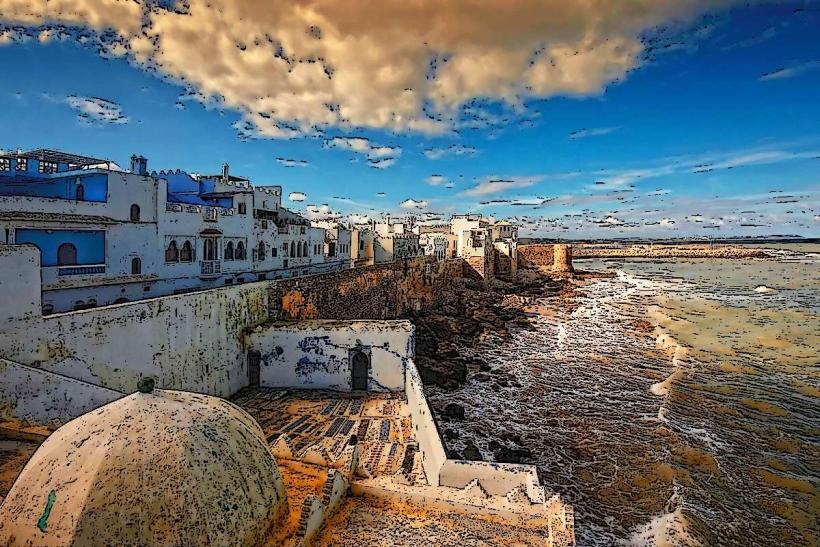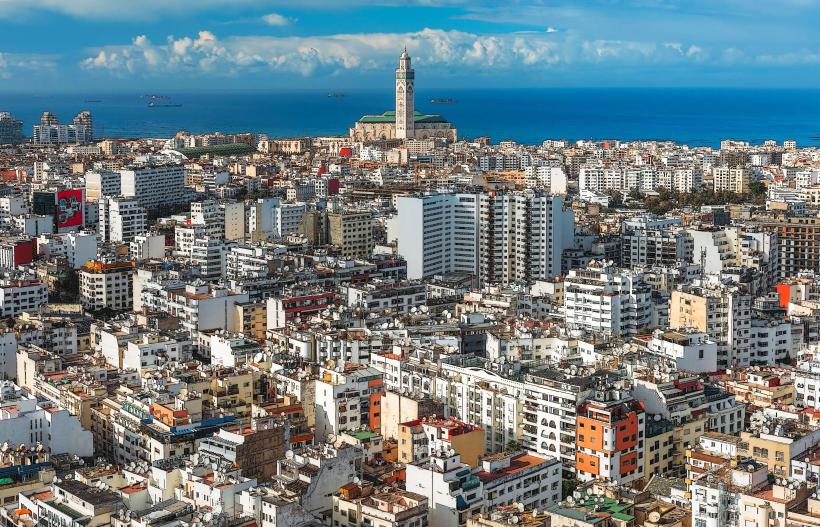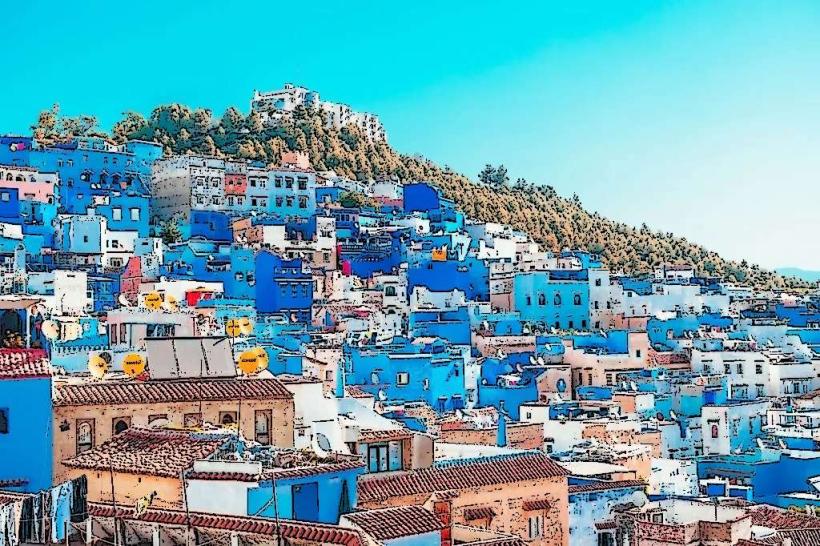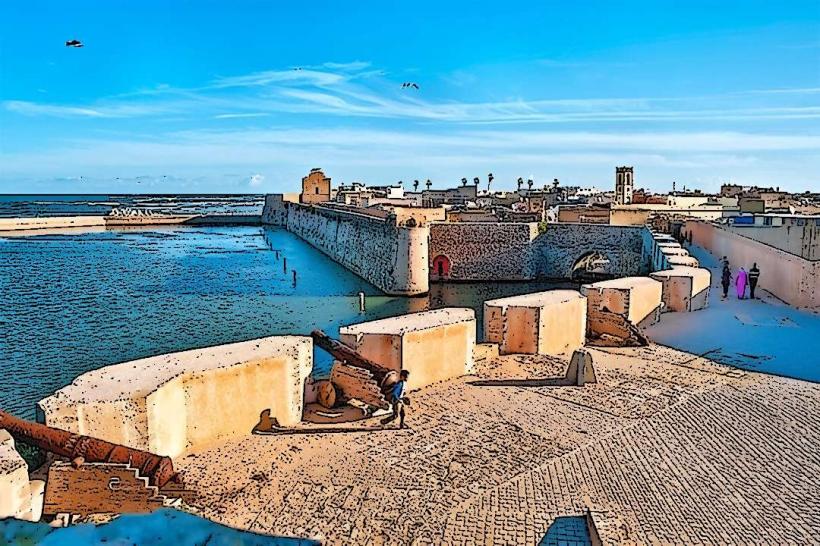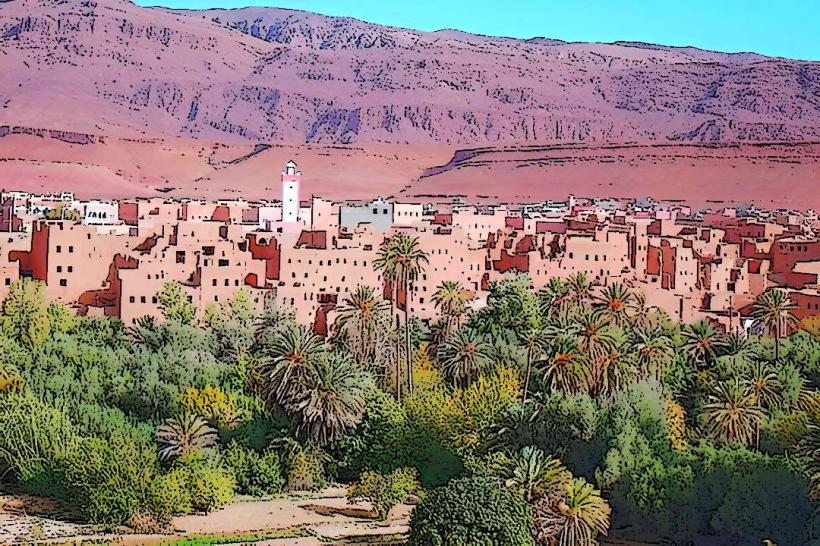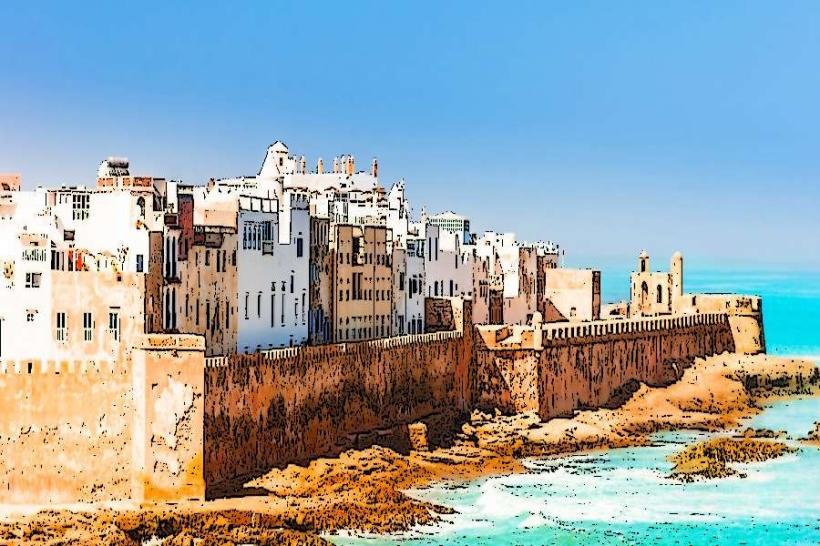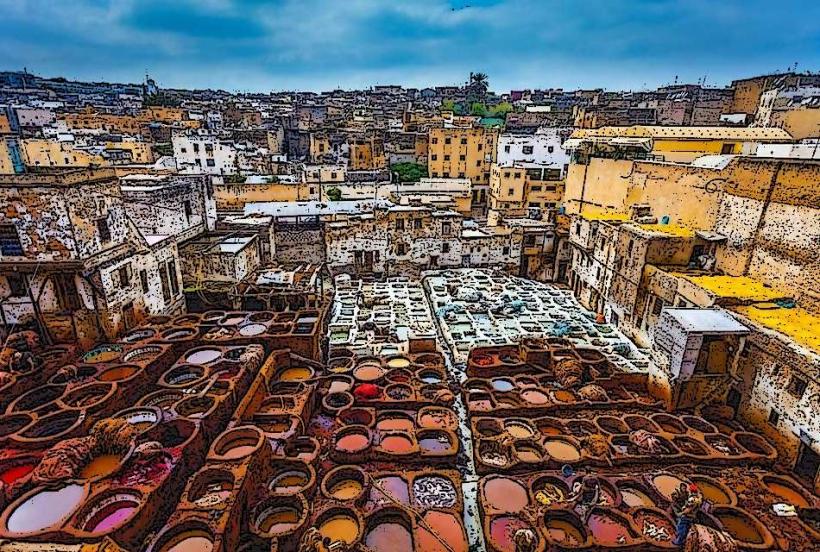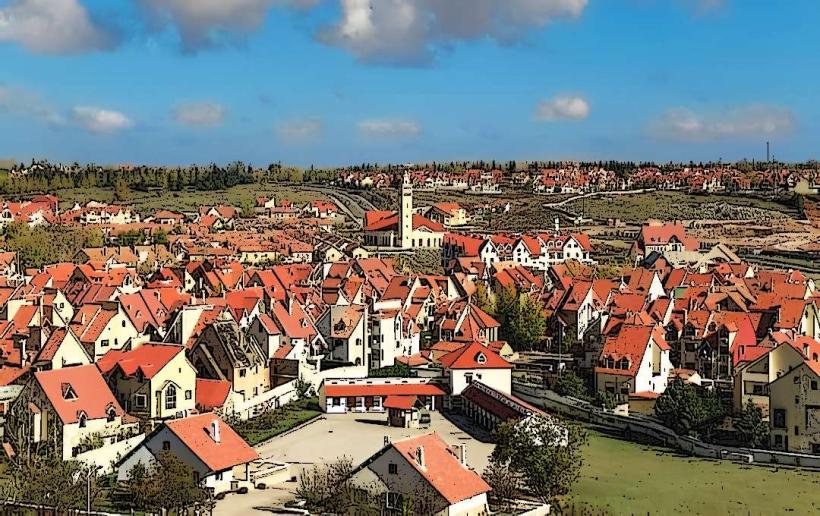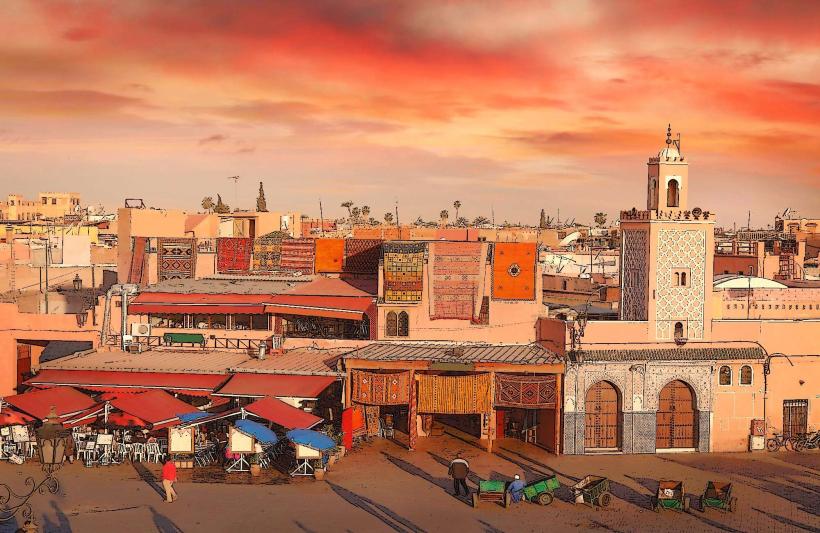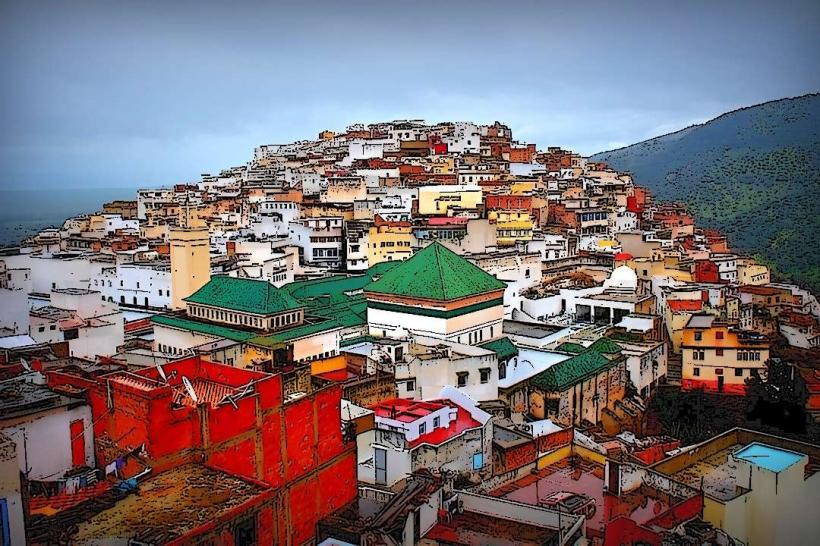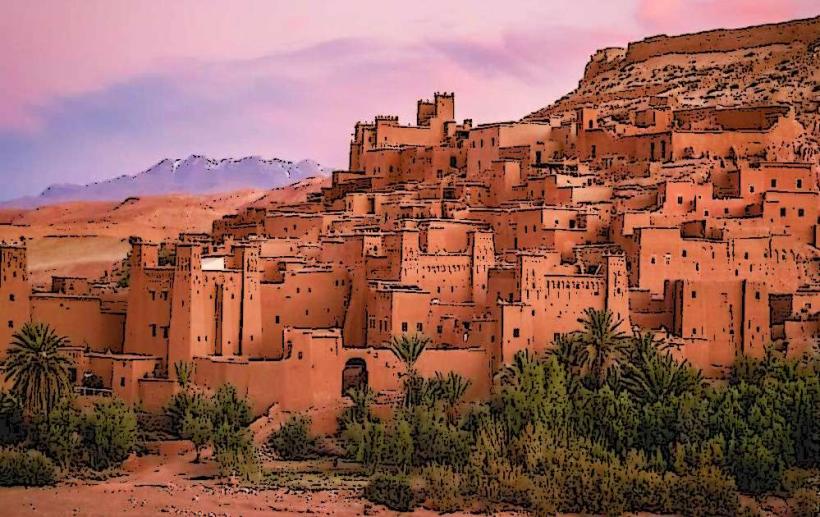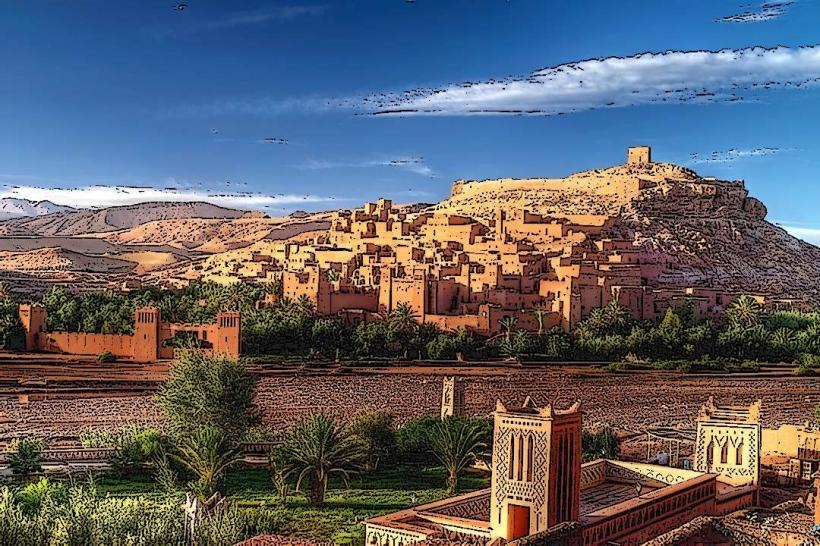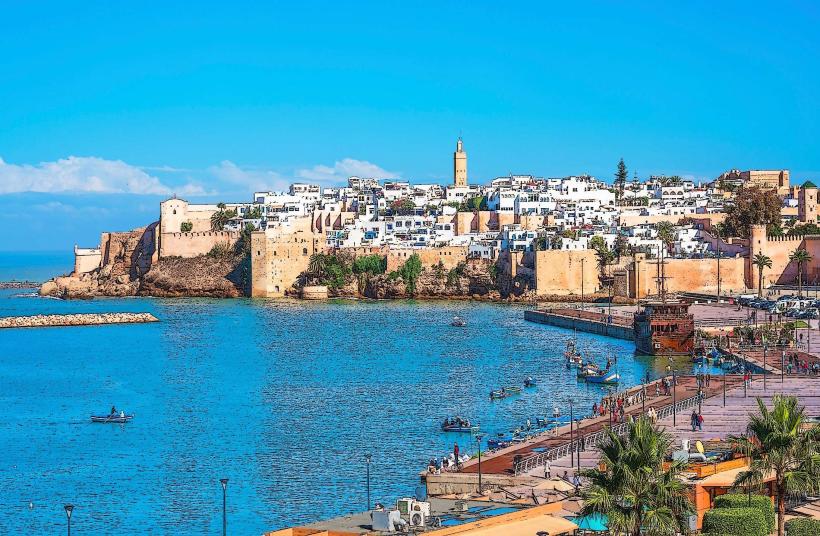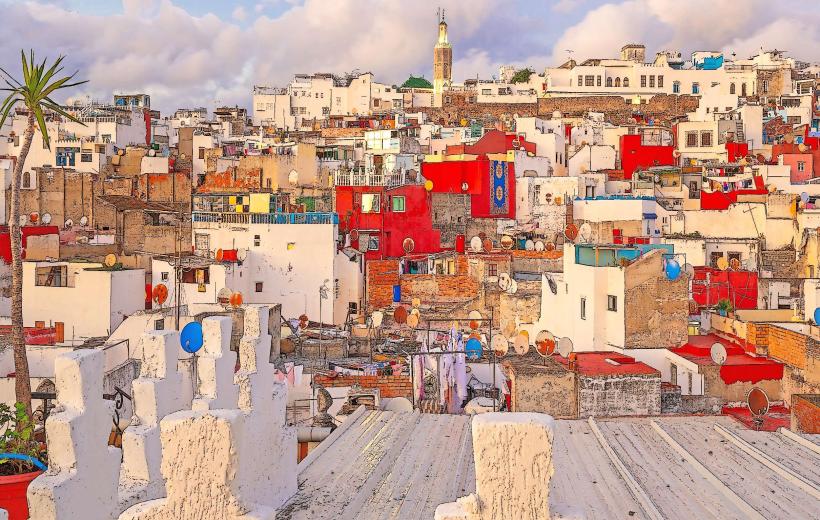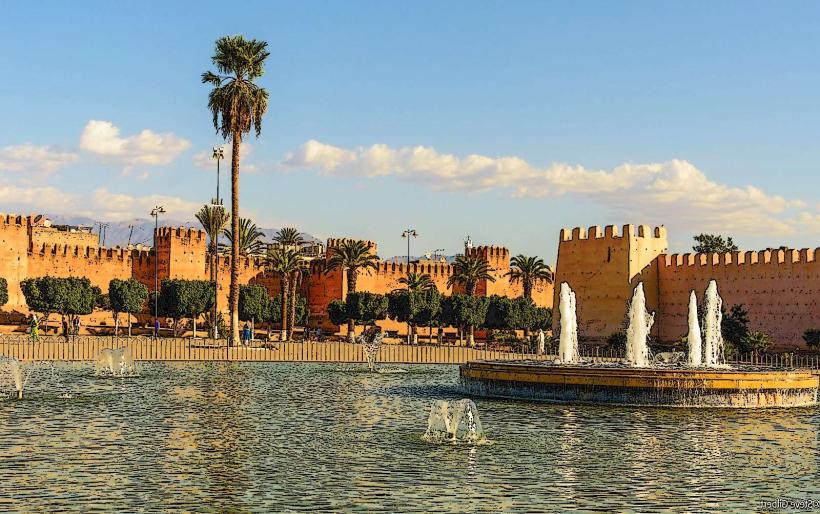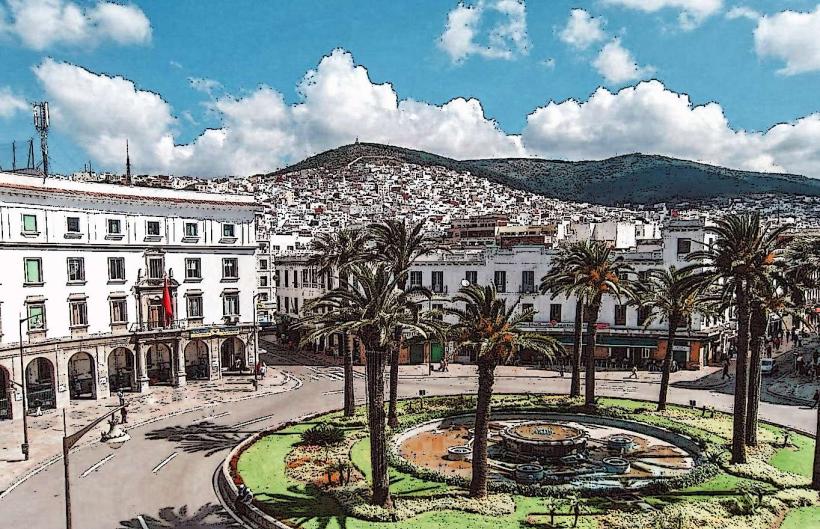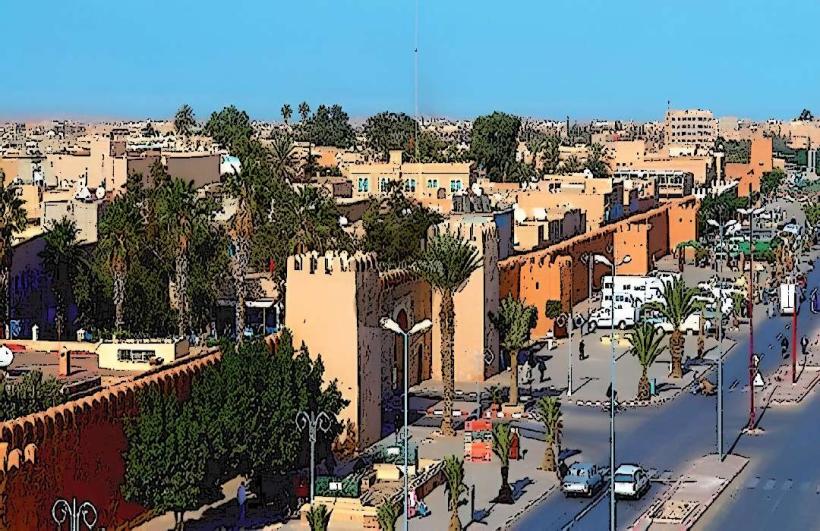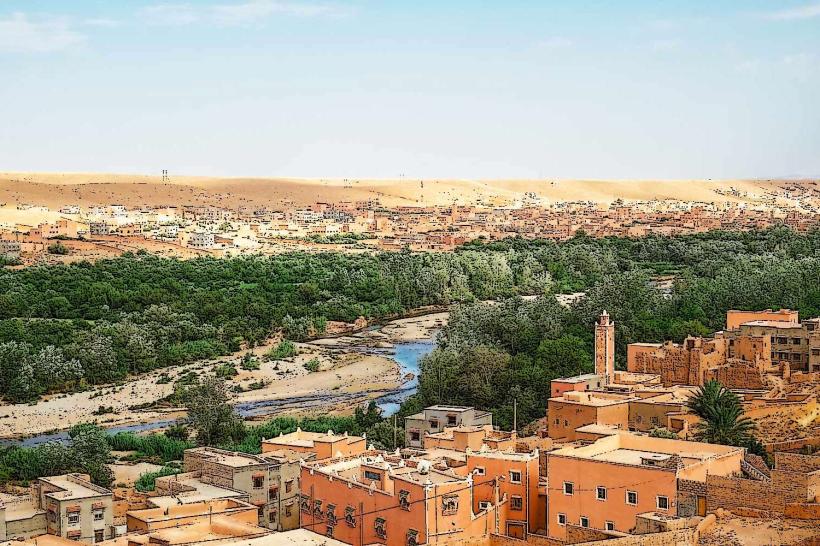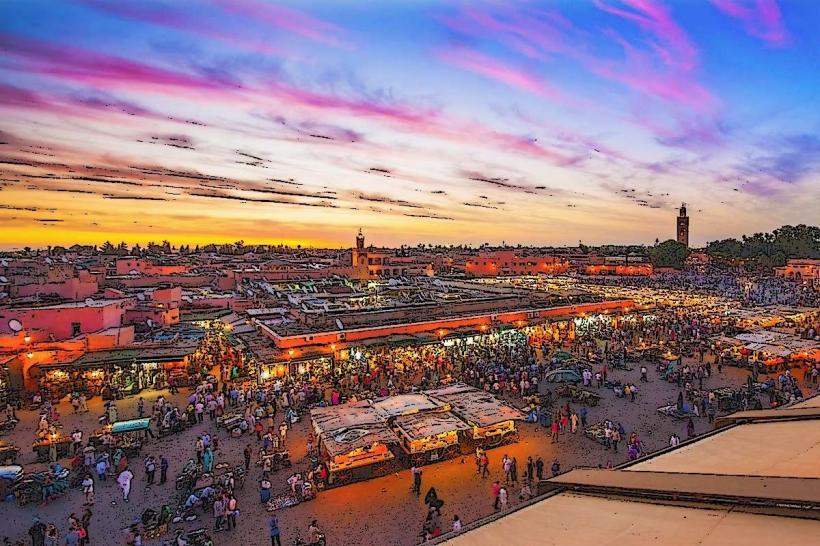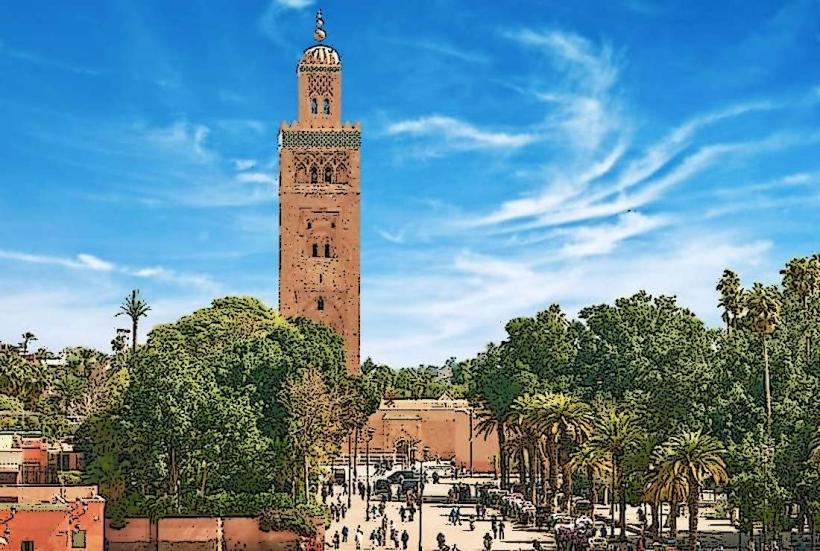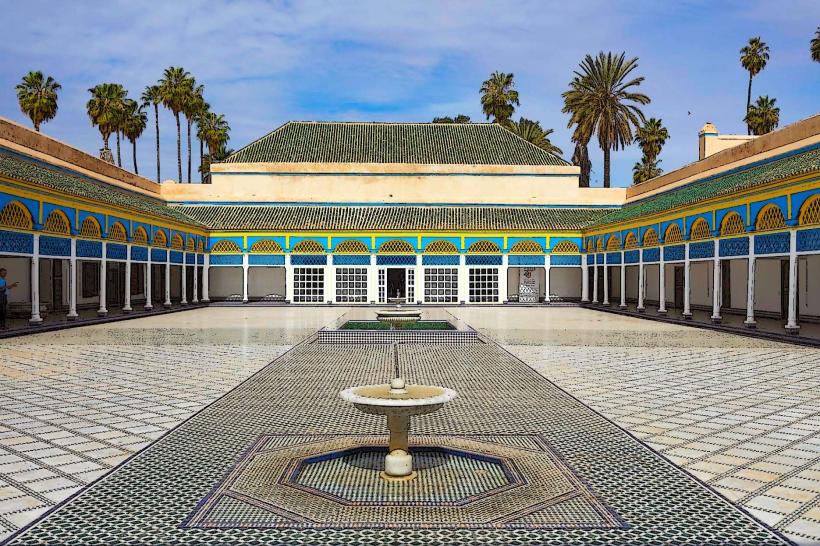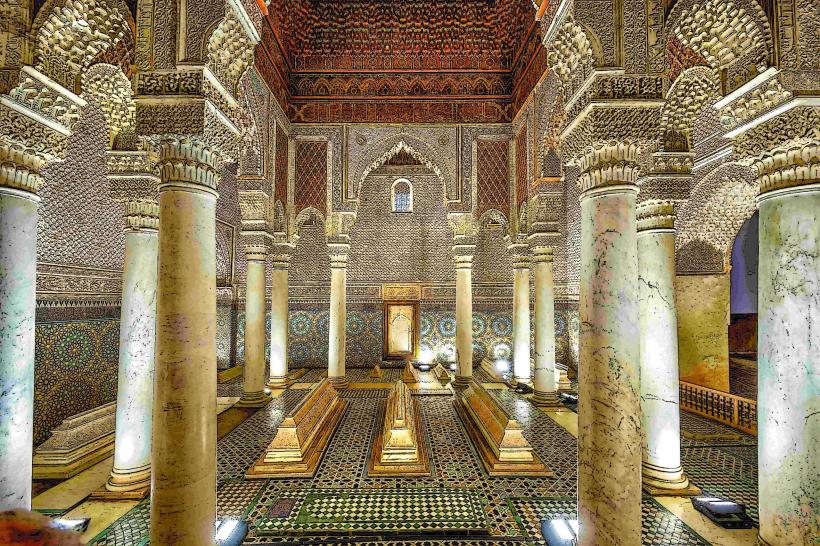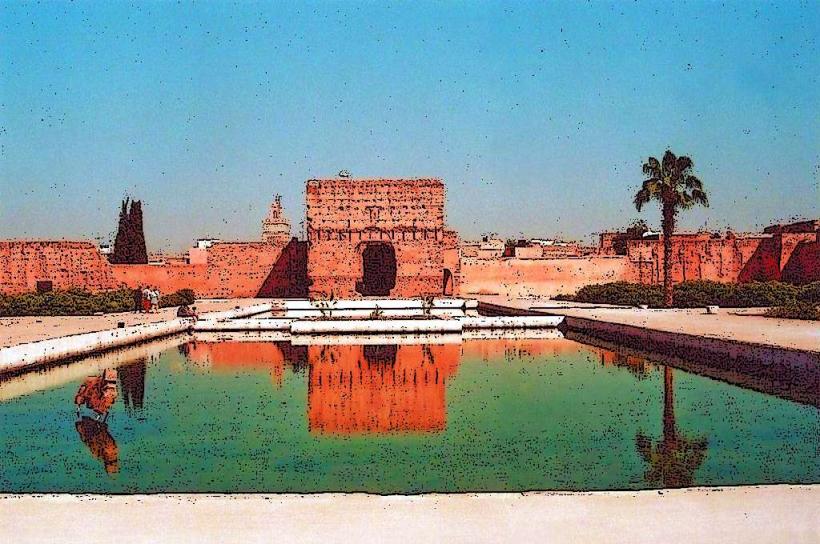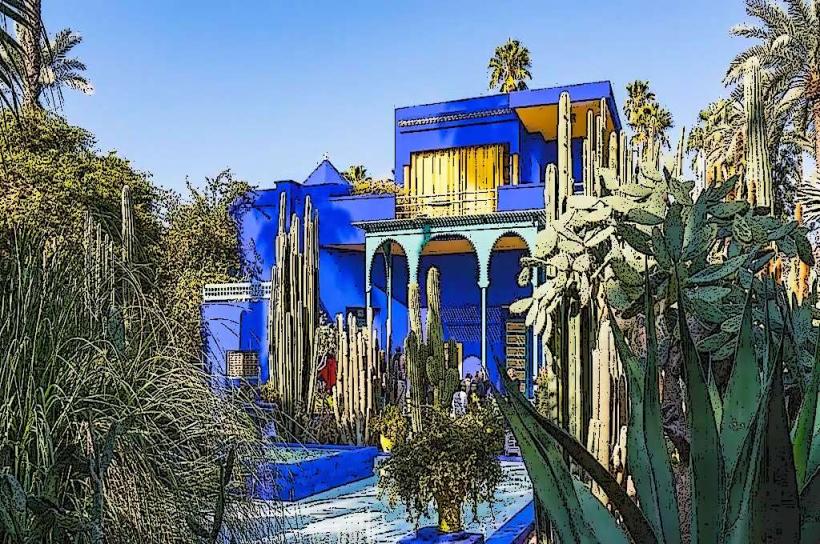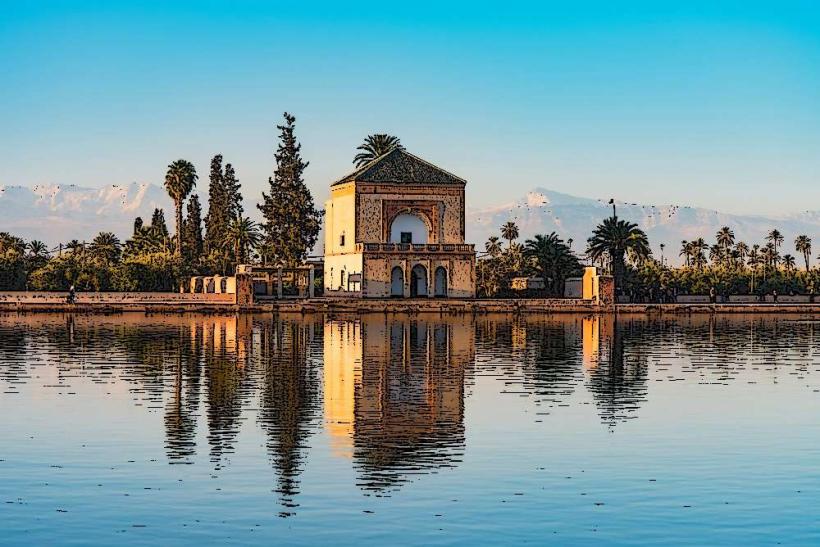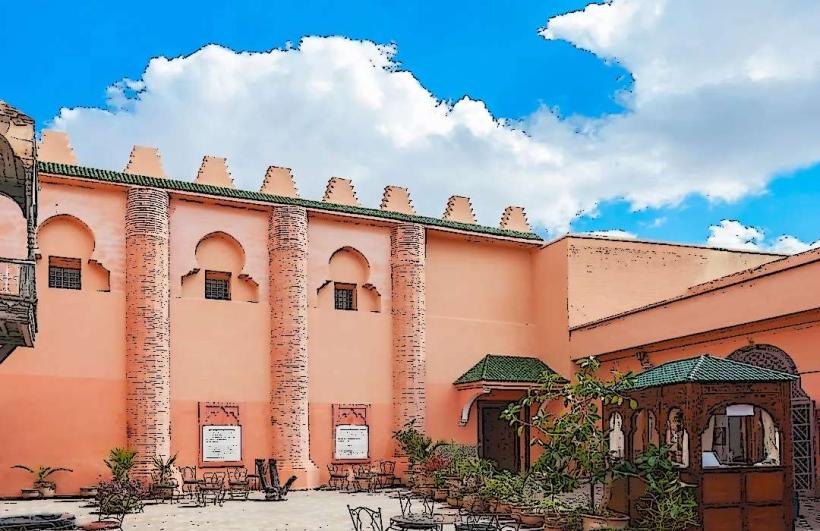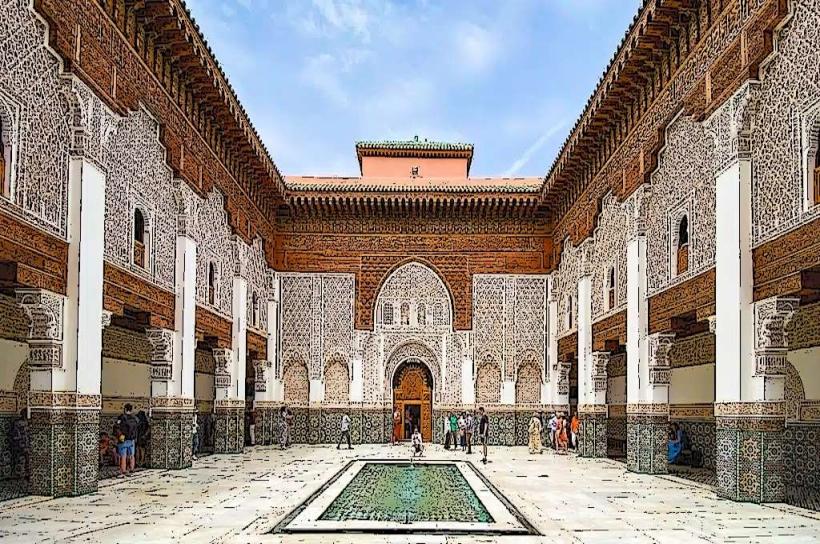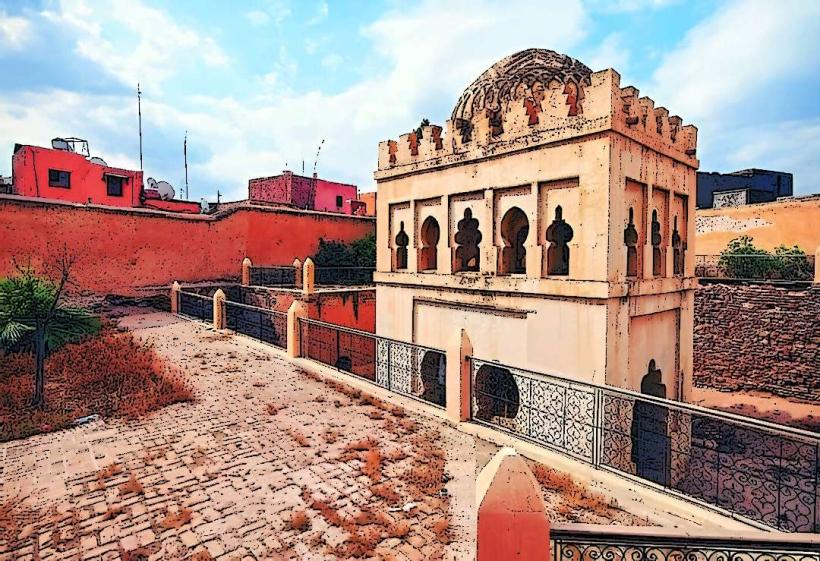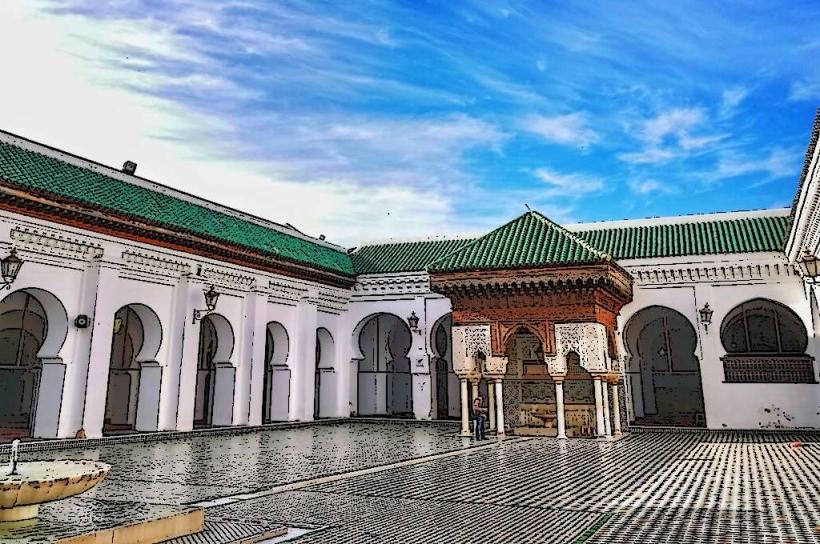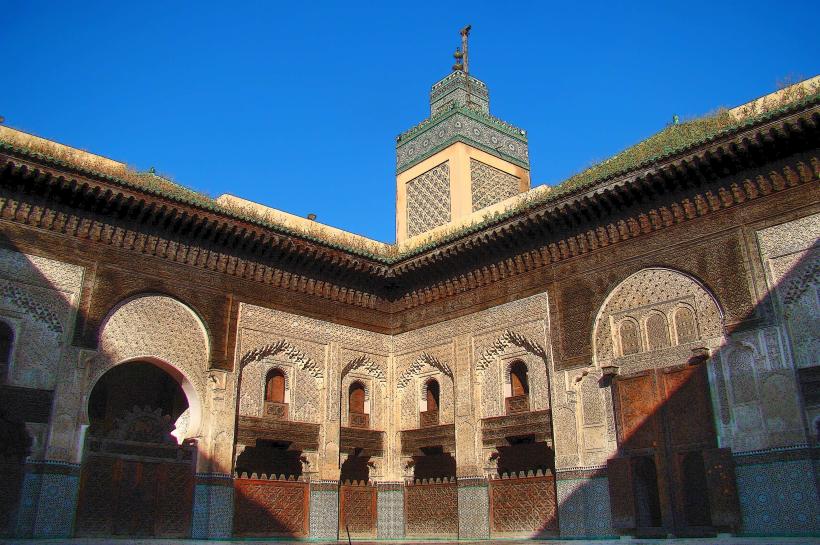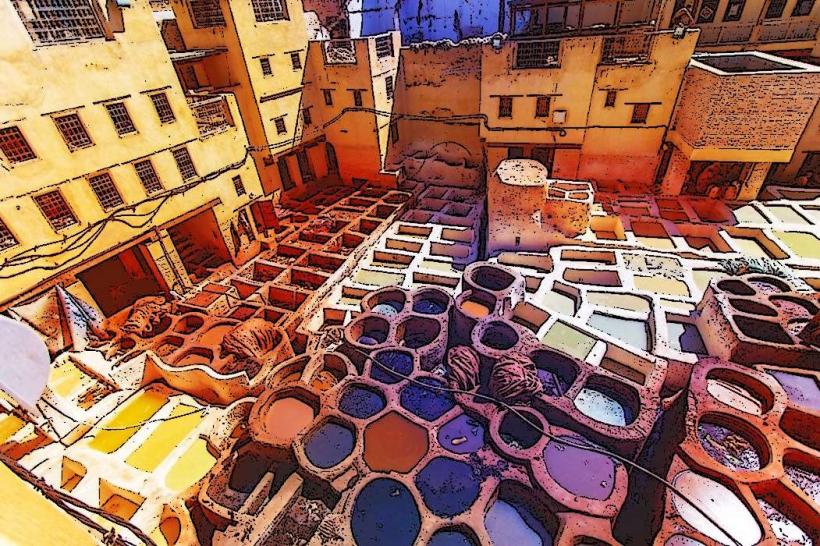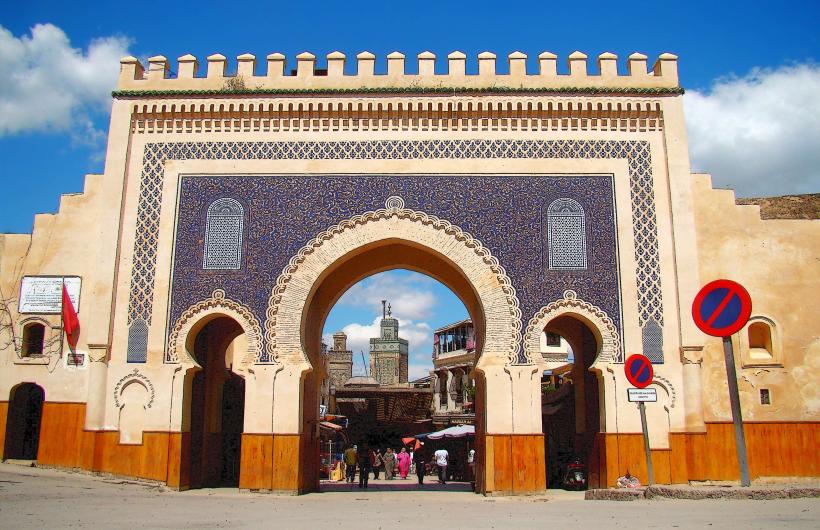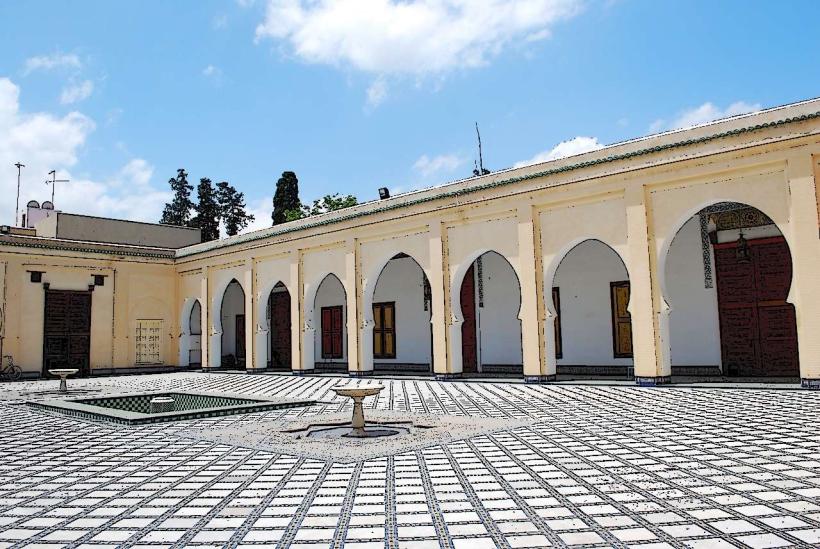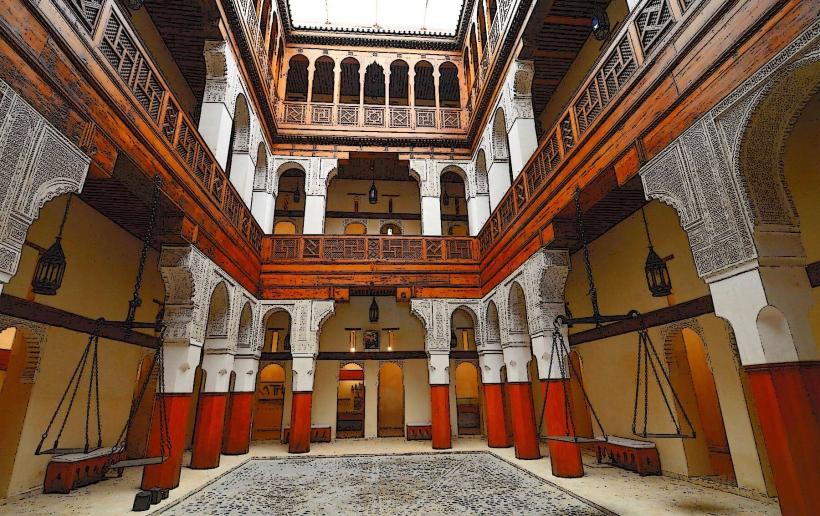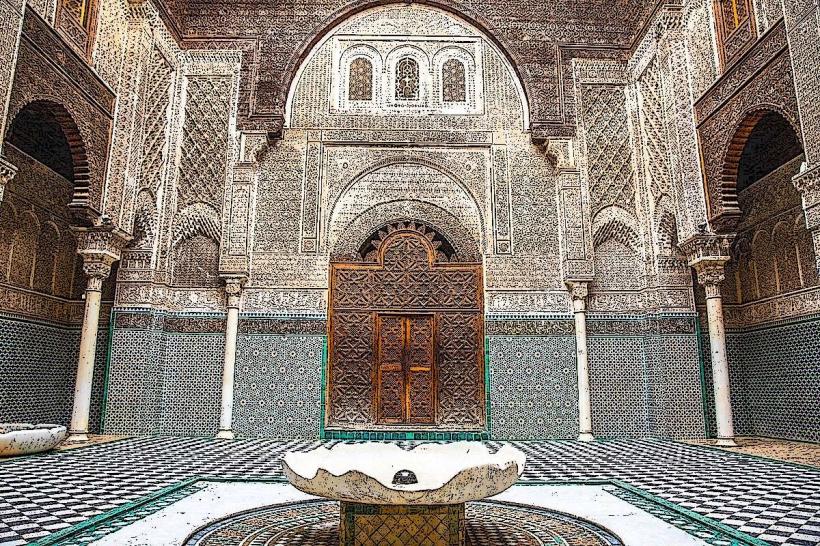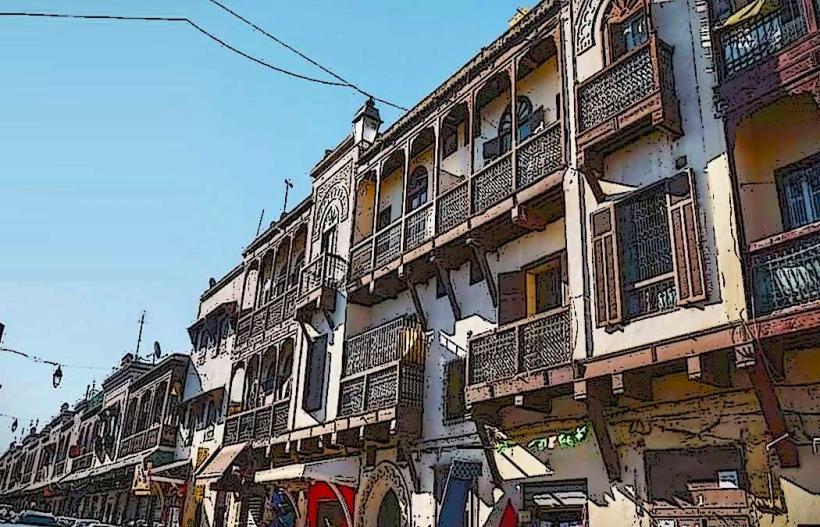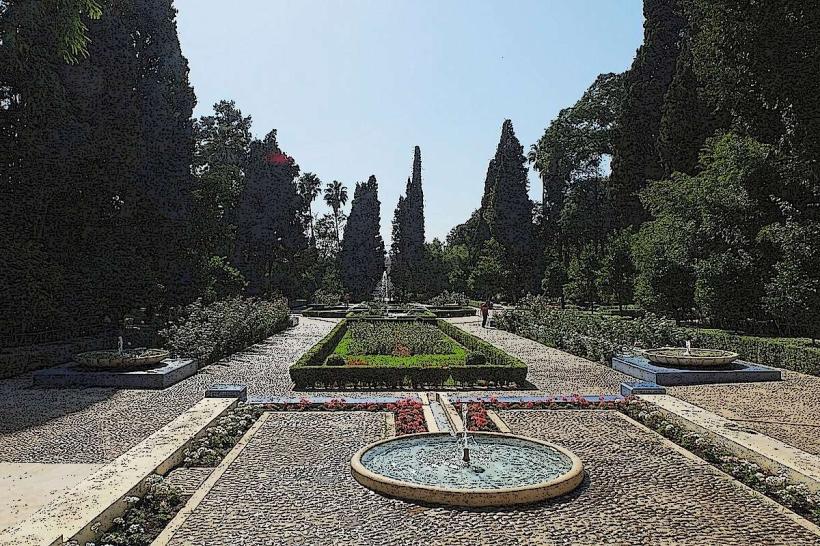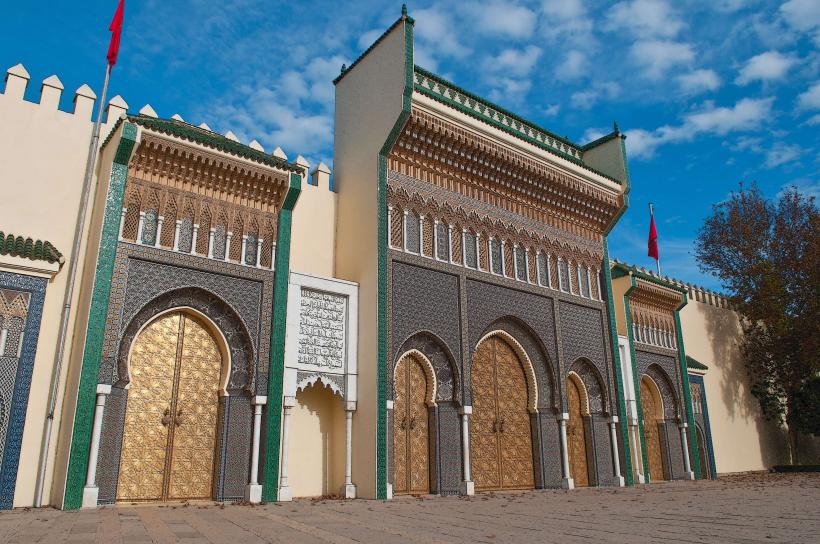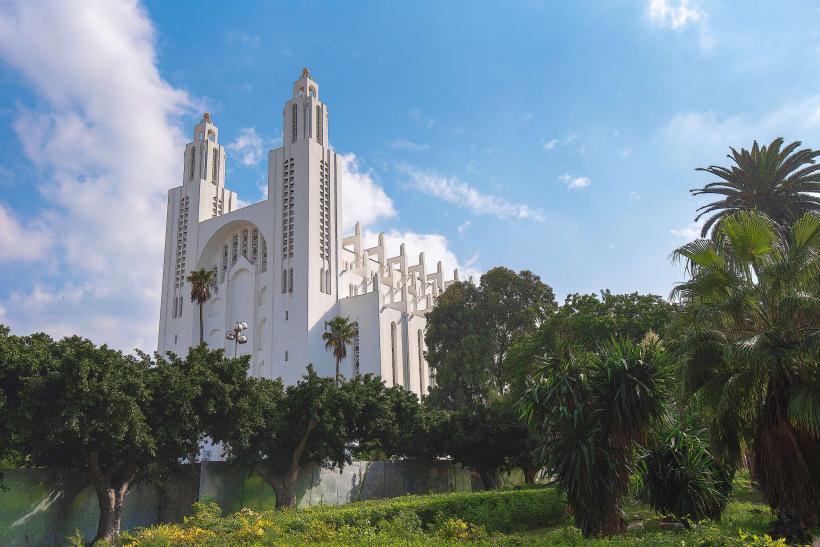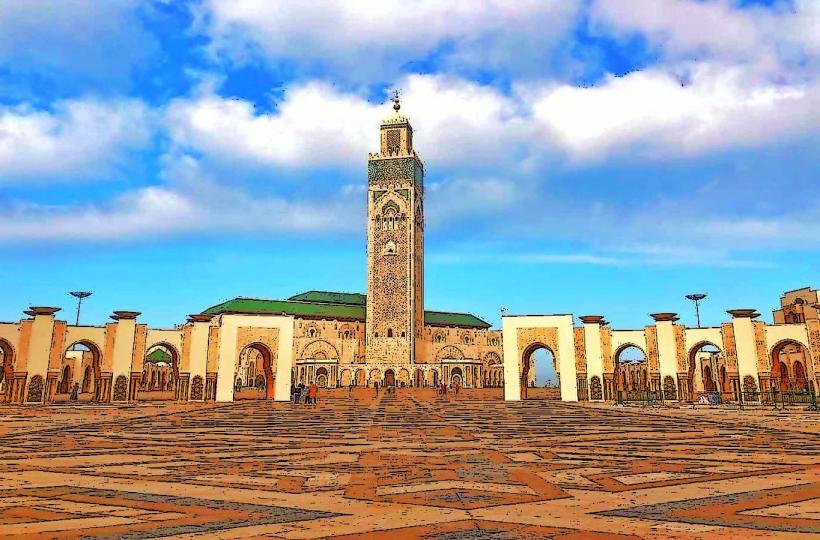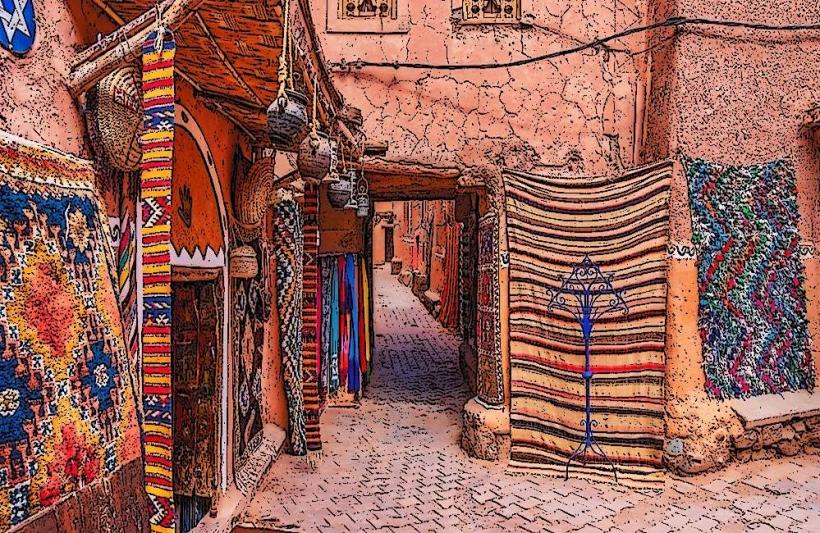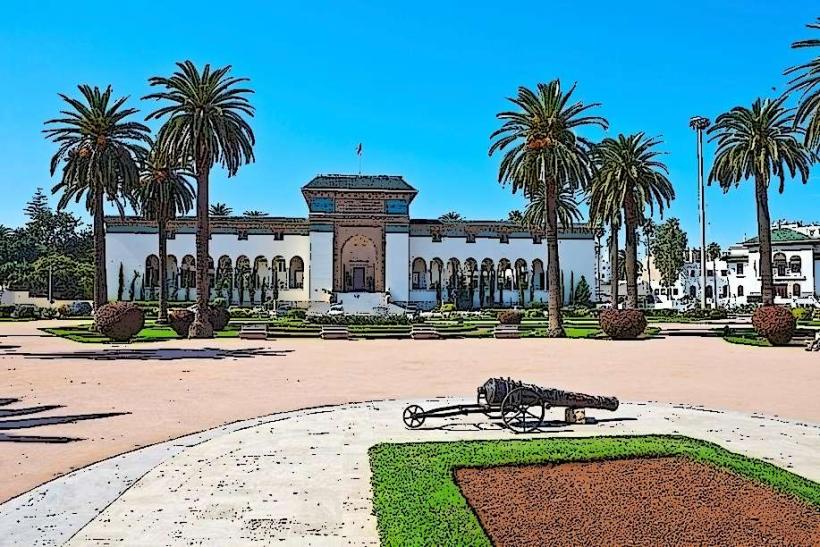Information
Country: MoroccoContinent: Africa
Morocco, Africa
Morocco is situated in the northwest corner of Africa, bordering Algeria to the east and the territory of Western Sahara to the south. The country's primary geographical feature is the Atlas Mountain range, which separates the fertile Atlantic coastline from the Sahara Desert, while its economy is defined by its status as the world’s largest exporter of phosphate. The capital city is Rabat.
History & Culture
Morocco transitioned from a French and Spanish protectorate to an independent constitutional monarchy in 1956. The modern political era is defined by the Alaouite Dynasty, which has ruled since the 17th century, currently under King Mohammed VI. Sunni Islam is the state religion, and Throne Day (July 30) is the most significant national holiday. Core social etiquette dictates using the right hand for eating and greetings, as the left is considered unclean.
Language & Communication
The official languages are Modern Standard Arabic and Amazigh (Berber). English proficiency is low to medium, primarily localized to major tourism hubs; French remains the dominant language of government, commerce, and secondary education. The primary spoken vernacular is Darija (Moroccan Arabic).
Population & Economy
The population is approximately 39.5 million, with 65.3% urban and 34.7% rural distribution. Top three export commodities are mixed mineral or chemical fertilizers, automotive components, and insulated wiring. GDP per capita is approximately $5,150 USD. The services sector, specifically tourism and telecommunications, is the primary driver of the labor market.
Visa & Entry Policy
Citizens of the EU, US, and UK do not require a visa for stays up to 90 days. For other nationalities, an E-Visa system is available with a standard processing time of three business days. Passport validity must extend at least six months beyond the date of entry. Strictness is high regarding the 90-day limit; overstays require a court appearance and police clearance to exit.
Currency & Payment Systems
The currency is the Moroccan Dirham (MAD). Cash is the primary medium of exchange in markets, rural areas, and for small-scale services. While high-end establishments in Casablanca and Marrakech accept card payments, a "Cash is King" culture persists elsewhere. ATMs are widely available in urban centers but scarce in the Atlas Mountains and Saharan provinces.
National Transport Grid
Intercity travel is facilitated by the ONCF rail network, including Africa's first high-speed rail line (Al Boraq) connecting Tangier to Casablanca. In areas without rail, CTM and Supratours are the primary long-distance bus operators. "Grand Taxis" (shared vehicles) are the standard for travel between smaller municipalities.
Digital Infrastructure
The primary mobile network providers are Maroc Telecom, Orange Maroc, and Inwi. 4G coverage is robust across 90% of the country, while 5G deployment reached 25% coverage by the start of 2026, targeting major stadium zones and urban hubs in preparation for international sporting events.
Climate & Seasonality
The climate is Mediterranean in the north and west, transitioning to arid continental and desert zones in the south and east. The wet season occurs from November to March, while the dry season spans from June to August. Interior regions like Marrakech experience summer temperatures exceeding 40°C.
Health & Safety
There are no mandatory vaccinations for entry. Specific health risks include altitude sickness in the High Atlas and water-borne illnesses in remote rural areas. The emergency numbers are 19 for the Police (urban), 177 for the Royal Gendarmerie (rural), and 15 for Ambulance/Fire.
Top 3 Major Regions & Cities
Al Haouz Region (High Atlas & Tourism): Hub city is Marrakech.
Fes-Meknes (Imperial History): Hub city is Fes.
Tangier-Tetouan-Al Hoceima (International Trade): Hub city is Tangier.
Local Cost Index
1L Water: 6.00 MAD ($0.60 USD)
1 Domestic Beer: 30.00 MAD ($3.00 USD)
1 Sim Card (10GB Data Plan): 100.00 MAD ($10.00 USD)
Facts & Legends
Moroccan folklore features the legend of Aisha Kandisha, a mythological female entity with the legs of a goat or camel who is said to haunt water sources and roadsides at night; historically, she is often associated with a real 16th-century resistance figure who used her beauty to lure and assassinate Portuguese colonial soldiers.

